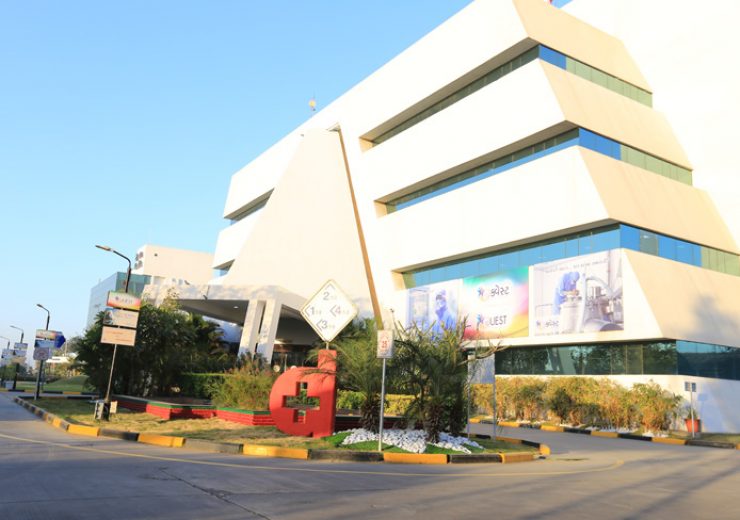Zydus claims that Ujvira is the world’s first biosimilar antibody-drug conjugate of trastuzumab emtansine and will be offered at a low price

Zydus Cadila Plant. (Credit: Zydus Cadila.)
India-based Zydus Cadila has introduced Ujvira (trastuzumab emtansine), in 100mg and 160mg strengths, to treat both early and advanced HER2 positive breast cancer.
The drugmaker claimed that its Ujvira is the first antibody-drug conjugate (ADC) biosimilar and is highly effective against HER2 positive breast cancer.
While the existing trastuzumab emtansine drug is sold at INR159,225 ($2,186) for 100mg vial, Zydus intends to provide the same at INR32,495 ($466.3), reducing the treatment cost by nearly 80%.
Cadila Healthcare managing director Sharvil Patel said: “The launch of Ujvira reinforces the innovation capabilities that India has to be able to create complex therapies like ADCs and Zydus’ ongoing commitment to offer breakthroughs backed by science and innovation.
“This research breakthrough enables access to a critical drug for patients who are undergoing therapy for breast cancer.
“We hope that with this innovation, patients will be able to adhere to the treatment and stand to benefit from the advanced technology without worrying about the cost of the treatment.”
Zydus said that its trastuzumab emtansine ADC biosimilar is a developmental breakthrough as it involves complex manufacturing and similarity assays.
The drug is developed by combining trastuzumab and a cytotoxic compound emtansine (DM1) with the help of a stable linker, in a process known as Antibody Drug Conjugation.
Ujvira leverages a technology that enables targeted delivery of the cytotoxic agent and reduces other toxicities on the body and is backed with thorough a drug development programme.
Patients previously treated with trastuzumab may still have the disease and would require its ADC biosimilar therapy as the next step, said the company.
According to Zydus, HER2 positive breast cancer is considered an aggressive form and constitutes 20 to 25% of all the prevalent breast cancer cases.
Risk factors including obesity, family history, genetics, alcohol, smoking, hormonal imbalance and improper diet contribute towards an increased incidence of breast cancer, said the Indian drug firm.
